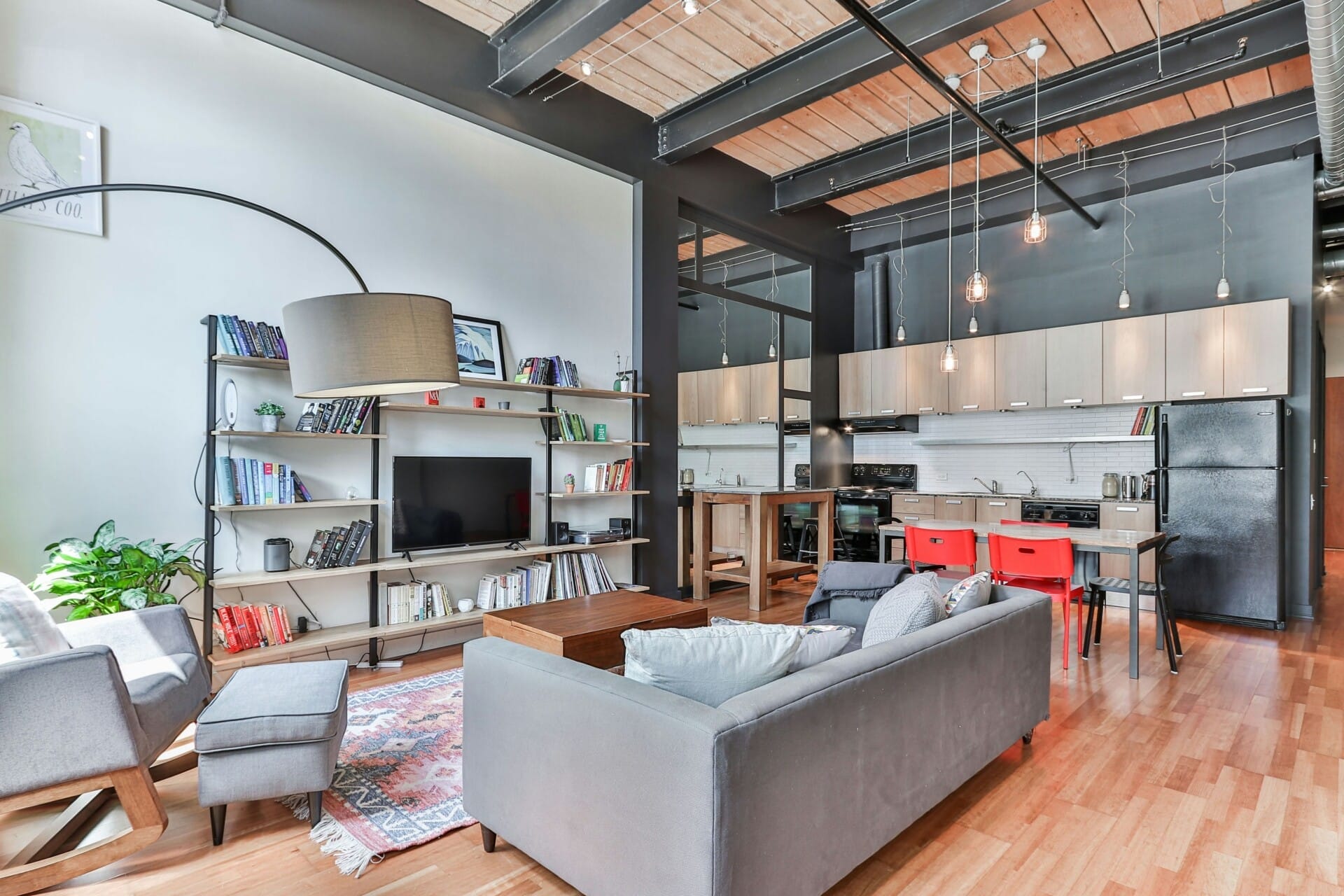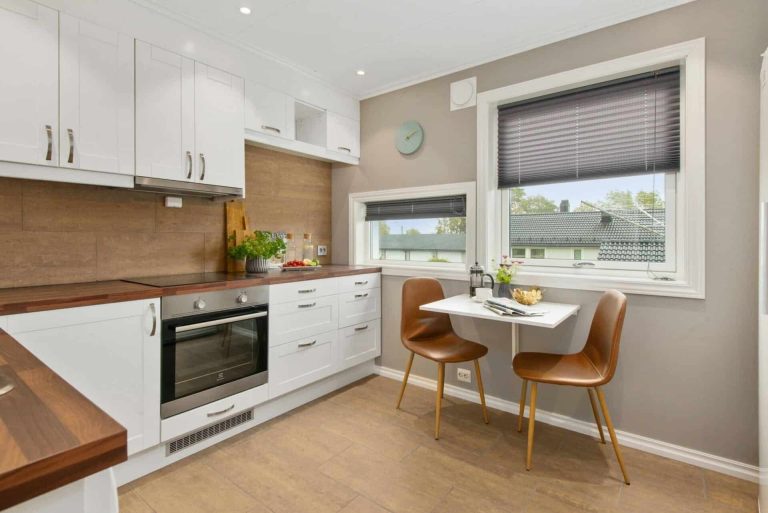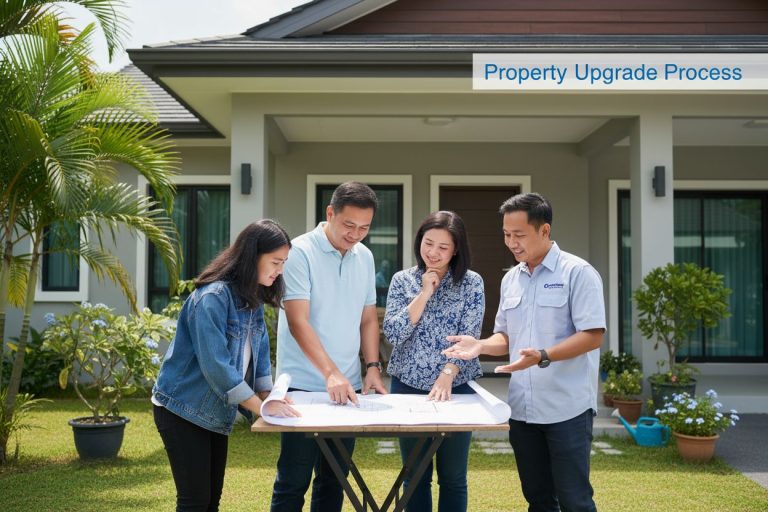Hey there, fellow Malaysians! If you’ve been paying attention lately, you’ve probably noticed something big happening in our neighborhoods – residential construction is absolutely booming! It’s not just a casual trend; it feels like every corner of the country is buzzing with new homes popping up. But what’s behind this construction frenzy? In this article, we’re diving into five key reasons that are driving this surge in building activities. Whether you’re contemplating a home renovation or just curious about what’s shaping our skyline, let’s unpack the factors that are making residential construction in Malaysia hotter than ever right now!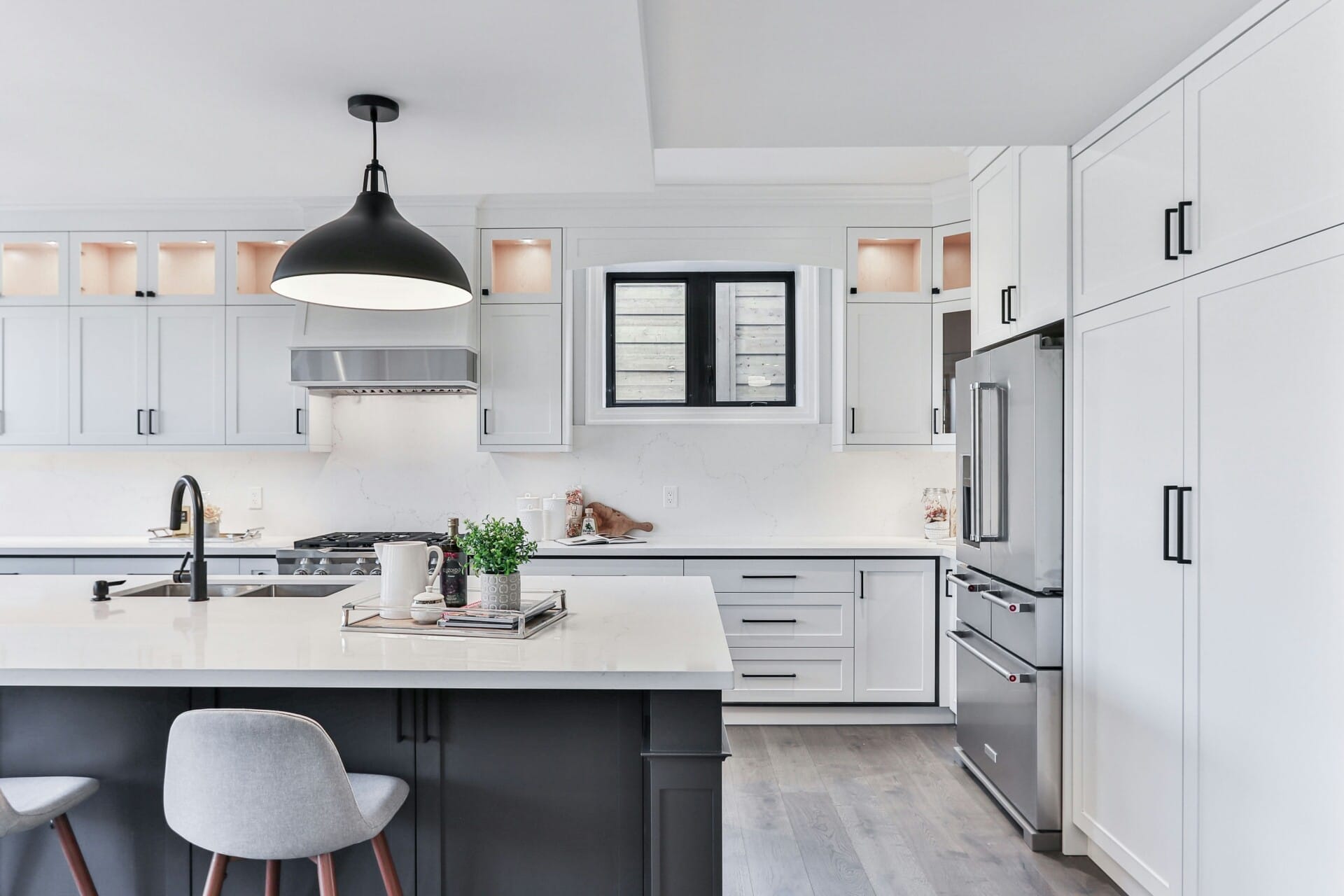
The Surge in Population Growth and Urban Migration
The rapid rise in population is reshaping the landscape of Malaysia, with many citizens flocking to urban areas in search of better opportunities and lifestyles. As cities grow, more individuals and families are looking for housing that suits their evolving needs. This urban migration isn’t just a trend; it’s a reflection of a larger global phenomenon where people are attracted to urban centers for employment, education, and healthcare services. Consequently, the demand for residential construction has surged, creating a vibrant market for developers and investors alike.
Urbanization has also been fueled by advancements in infrastructure, making previously remote suburban areas more accessible. Improvements in transportation networks, such as new highways and public transit options, are reducing travel times. This connectivity is leading to the rise of satellite towns and developments that cater to a growing urban workforce. Malaysia’s commitment to enhancing infrastructure is evident in:
- New Expressways: Connecting major economic hubs.
- Mass Rapid Transit (MRT) projects: Providing efficient commuting options.
- Smart City initiatives: Promoting modern living with tech-driven amenities.
Moreover, the changing demographics of the country are driving residential demand. The younger generation, looking for modern living spaces with amenities that enhance their lifestyle, is a key focus for developers. Many are seeking apartments and homes that not only meet their needs but also promote sustainability and community living. Here’s a quick look at the shift in housing preferences:
| Housing Type | Popularity |
|---|---|
| Condos | High |
| Terrace Houses | Medium |
| Single-Family Homes | Low |
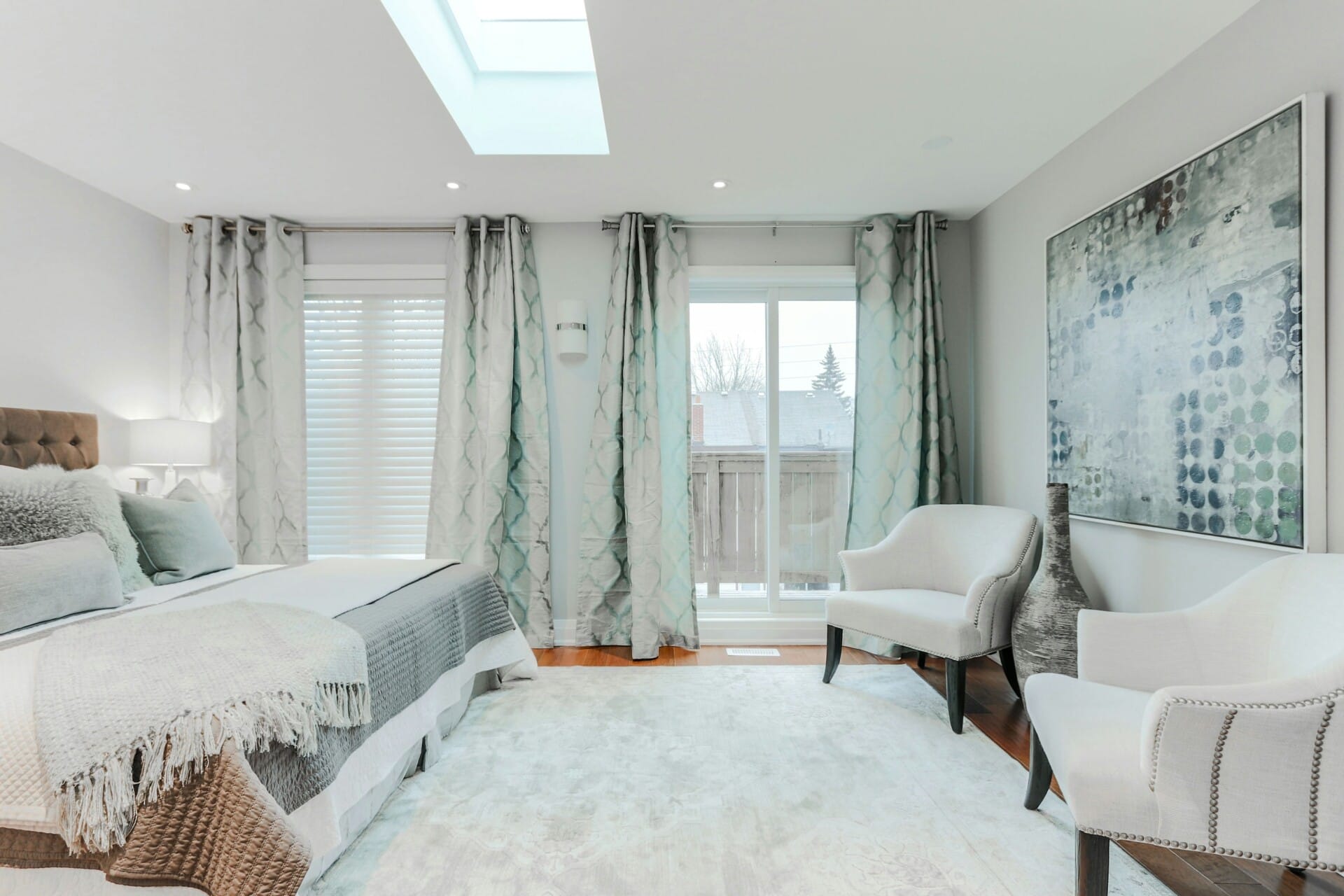
Economic Policies Driving Housing Development
In recent years, the Malaysian government has adopted several economic strategies aimed at boosting the housing sector. These policies are tailored to stimulate interest in residential construction, making it more appealing for homebuyers and investors alike. With incentives such as tax breaks for developers and lower interest rates on housing loans, potential homeowners find themselves in a more favorable environment to make their dream homes a reality.
Moreover, the implementation of housing initiatives that target first-time buyers has proven effective in spurring demand. Schemes like the MyFirstHome and the Home Ownership Campaign not only provide financial assistance but also promote affordable housing options. This kind of financial support encourages more Malaysians to enter the housing market, resulting in a surge in residential projects throughout urban and suburban areas.
Another critical aspect of these economic policies is the focus on infrastructure development. The government is heavily investing in transportation and amenities that enhance residential areas’ appeal. New highways, public transport systems, and recreational facilities are all part of the game plan, making suburban living more convenient. The following table summarizes some recent infrastructure projects that tie into this housing boom:
| Project Name | Location | Expected Completion |
|---|---|---|
| JKL Highway Extension | Selangor | 2025 |
| KL-SG High-Speed Rail | Kuala Lumpur | 2026 |
| New MRT Line | Kuala Lumpur | 2025 |
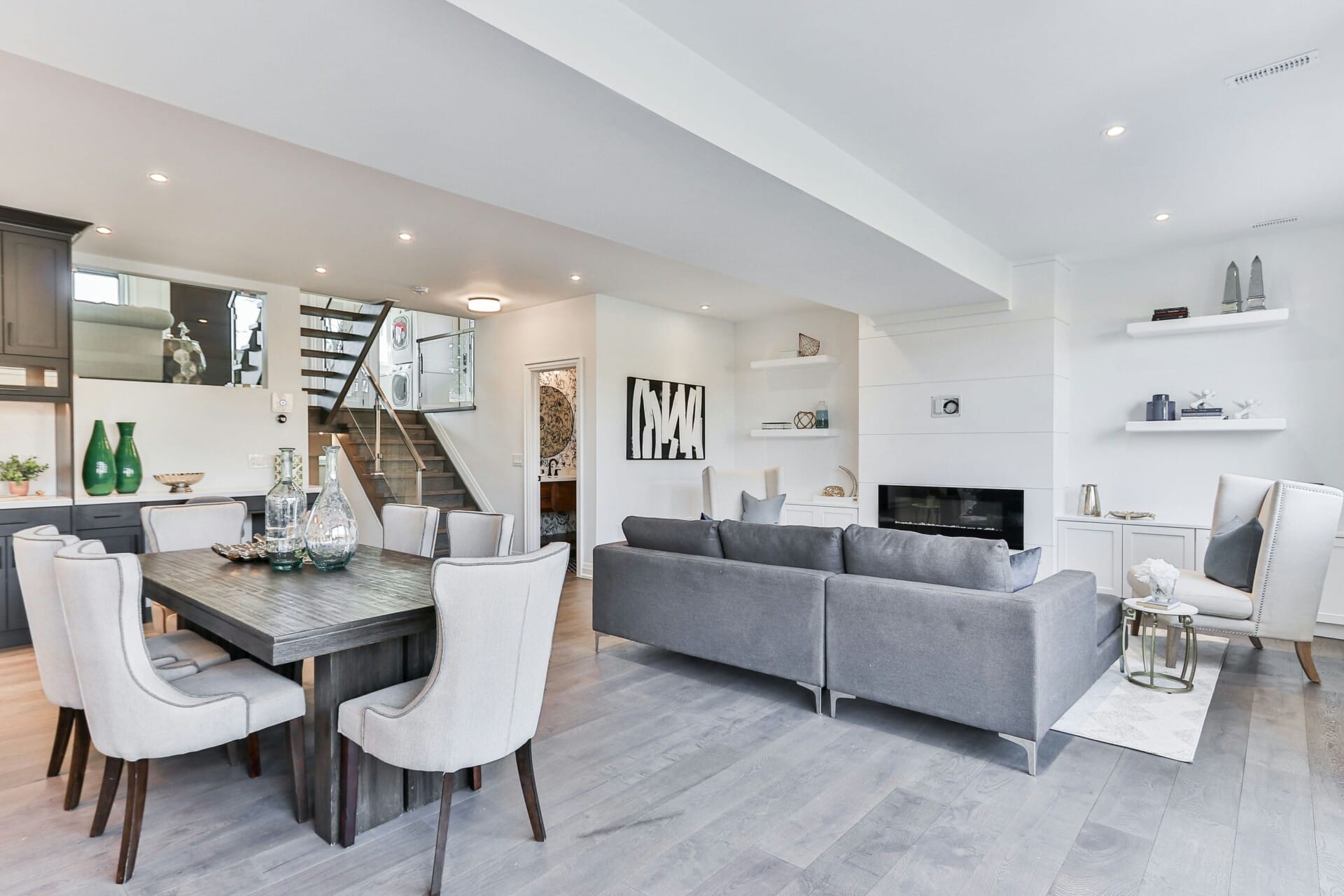
Rising Demand for Sustainable and Eco-Friendly Homes
The concept of sustainable living is gaining serious traction in Malaysia’s residential construction scene. As more people become environmentally conscious, they are actively seeking homes that minimize their carbon footprint and utilize renewable resources. This shift isn’t just a passing trend; it’s reshaping how construction companies approach building design and materials, pushing them to innovate towards greener solutions.
Homebuyers are increasingly drawn to properties that promote eco-friendliness with features such as:
- Energy-efficient appliances
- Solar panels
- Rainwater harvesting systems
- Green roofs and walls
- use of sustainable materials
By integrating these elements, new residences not only contribute positively to the environment but also reduce utility costs for homeowners over time, creating an appealing long-term investment.
Moreover, developers are recognizing the potential for eco-friendly features to enhance marketability. Many are now prioritizing certifications like LEED (Leadership in Energy and Environmental Design) or GBI (Green Building Index), making their projects stand out in a crowded market. With growing governmental support and incentives for green initiatives, the future of residential construction in Malaysia looks brighter and greener than ever.
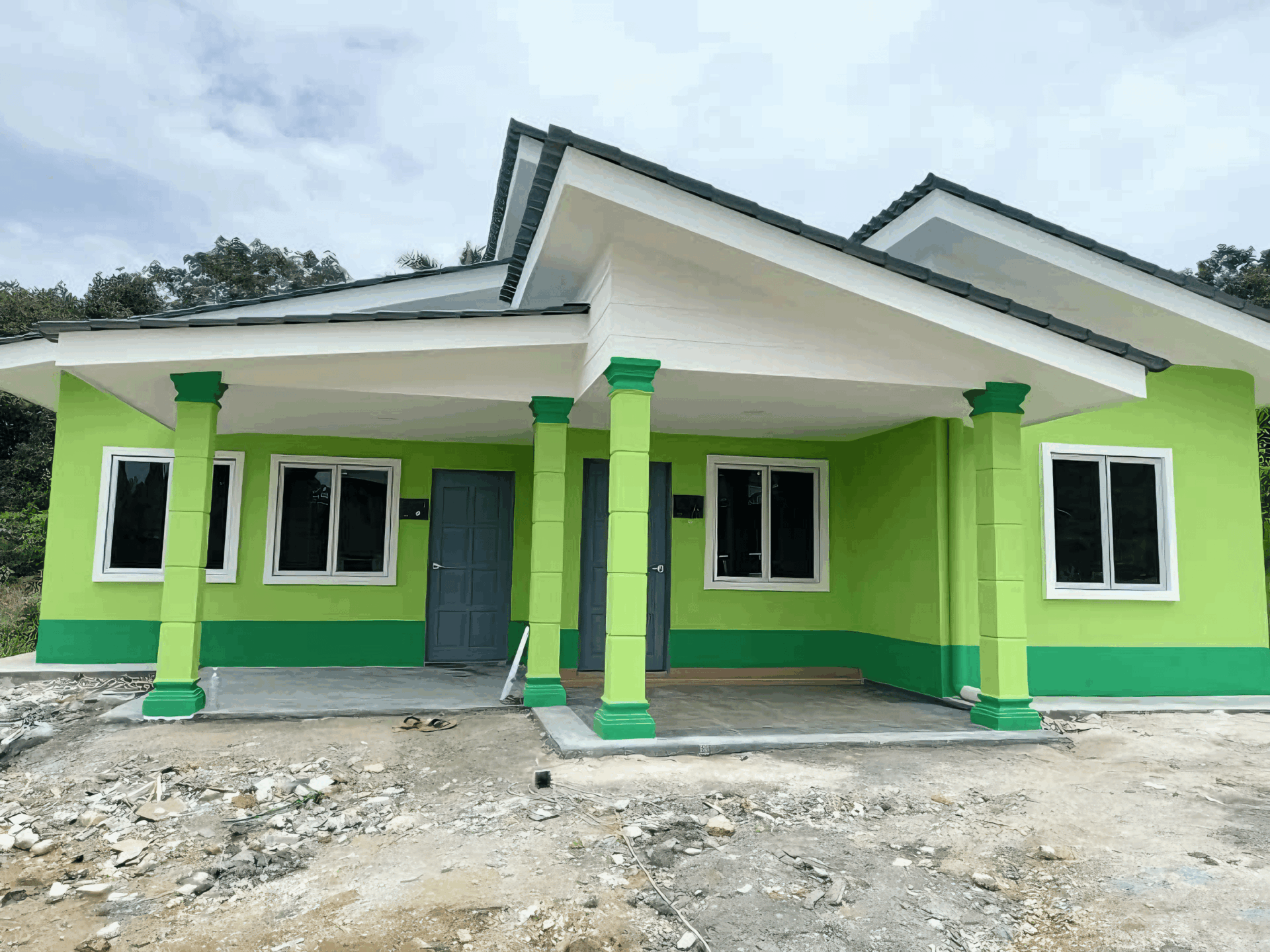
Technological Advancements in Construction Practices
The construction industry in Malaysia has embraced an array of technological innovations that not only streamline the building process but also enhance safety and sustainability. These advancements include Building Information Modeling (BIM), which allows architects and contractors to create 3D models that facilitate better planning and coordination. With improved visualizations, stakeholders can identify potential issues before they arise, optimizing timelines and reducing costs.
Moreover, the rise of prefabrication techniques has revolutionized how residential projects come to life. By manufacturing components off-site, builders can ensure higher quality control while significantly cutting down on construction time. This method not only meets the increasing demand for swift housing solutions but also minimizes waste, reinforcing the commitment to sustainable practices within the industry.
Another game-changer is the integration of smart technologies, such as IoT devices and AI-driven analytics, which enhance operational efficiency on-site. These tools allow real-time tracking of materials, machinery, and labor, enabling project managers to make informed decisions instantly. As a result, construction sites become safer and more productive, signaling a shift towards a tech-savvy future in Malaysia’s residential construction landscape.

Affordability and Accessibility of Home Financing
In recent years, Malaysians have witnessed a significant shift in the home financing landscape. Attractive interest rates and various incentives offered by financial institutions are making homeownership a more attainable dream for many. With government schemes designed to assist first-time buyers, specifically those from the B40 and M40 groups, the options available have increased, making it easier than ever to break into the housing market. These initiatives not only provide financial assistance but also foster community growth, which is crucial for a vibrant economy.
On top of that, the rise of digital financing options has tremendously enhanced the accessibility of home loans. Consumers can now compare various loan packages online and complete their applications without stepping foot into a bank. This seamless approach allows potential homeowners to tailor their financing options according to their needs and budgets. Plus, the introduction of innovative repayment plans means folks can better manage their finances, making the whole process feel less daunting and more manageable.
| Financing Options | Benefits |
|---|---|
| Government Initiatives | Special rates for first-time homeowners |
| Online Loan Comparisons | Quick access to multiple lenders and packages |
| Flexible Repayment Plans | Tailored options to fit individual financial situations |

Government Incentives and Initiatives for Buyers
In recent years, the Malaysian government has rolled out a series of incentives aimed at boosting the residential construction sector, making homeownership more accessible than ever. These initiatives are not just beneficial for first-time buyers but also cater to various segments of the market. With schemes that reduce the financial burden, it’s no wonder people are diving into property investments. Some key initiatives include:
- Home Ownership Campaign (HOC): This campaign offers exemptions on stamp duties and discounts from developers, making it easier for buyers to purchase their dream homes.
- My First Home Scheme: Designed for young Malaysians, this scheme allows individuals earning below a certain income threshold to access affordable housing financing.
- Rent-to-Own Programs: These programs provide a viable pathway to ownership, allowing renters to gradually transition into buyers.
Moreover, the government has actively partnered with financial institutions to offer tailored loan packages that feature low-interest rates and longer repayment terms. This approach aims to ease the financial strain on potential homeowners, ensuring they have a greater chance of securing their ideal property. A quick glance at some of these financial solutions can shed light on how buyers can benefit:
| Loan Type | Interest Rate | Repayment Period |
|---|---|---|
| Standard Housing Loan | 3.5% – 4.2% | Up to 35 years |
| My First Home Loan | 2.75% – 3.5% | Up to 30 years |
| Rent-to-Own Scheme | Variable | Up to 25 years |
These well-thought-out initiatives are reflecting the government’s commitment to encourage residential construction and homeownership. By providing financial support and easing barriers, Malaysian buyers are now feeling empowered and optimistic about entering the property market. As these programs continue to evolve, the landscape for buyers looks promising, paving the way for a lasting residential construction boom in the country.
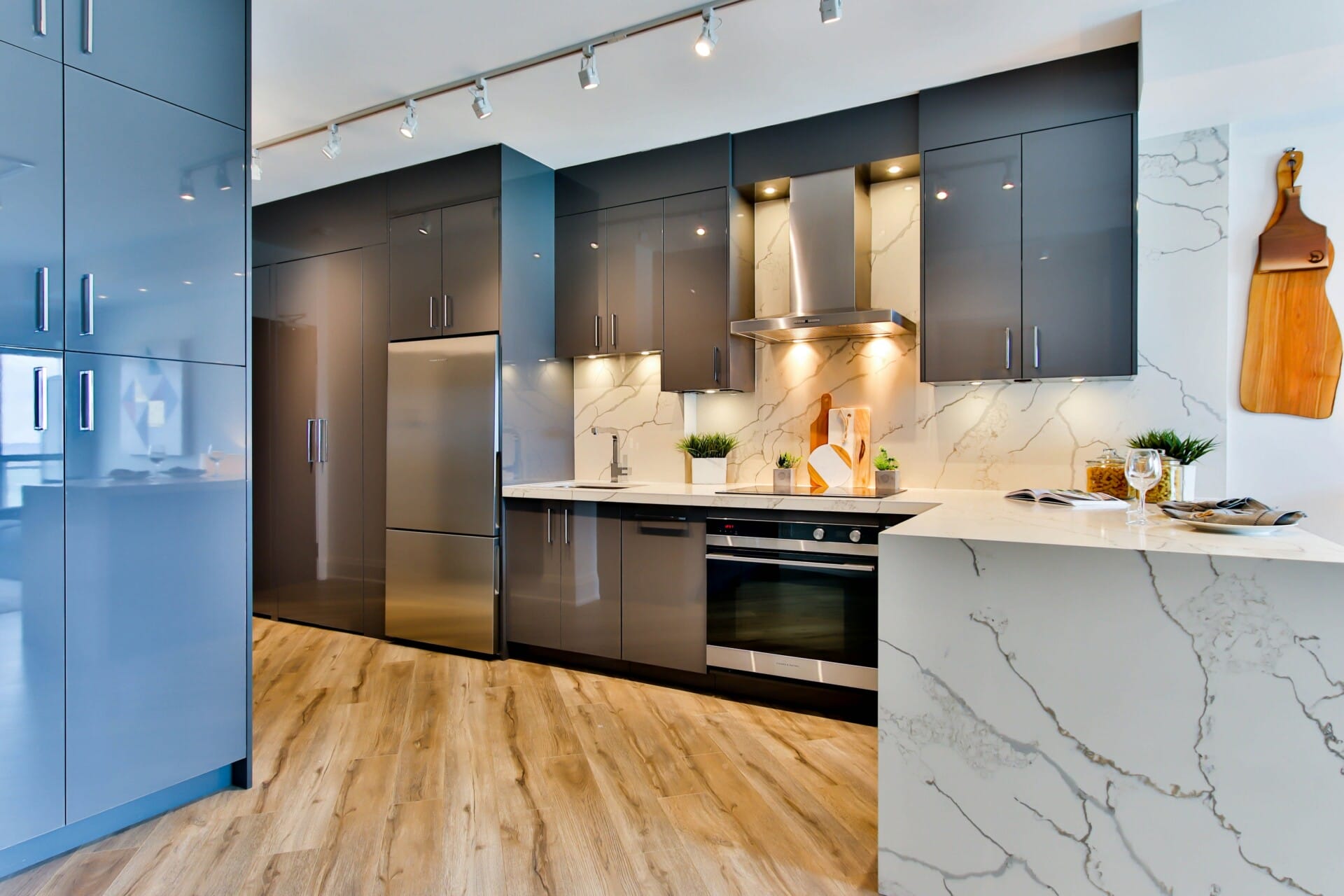
Emerging Trends in Smart Home Features
As smart technology continues to evolve, homeowners in Malaysia are increasingly integrating cutting-edge features into their living spaces. One of the exciting trends is the rise of energy-efficient smart devices, which help reduce utility costs while also promoting sustainability. These devices, such as smart thermostats and energy monitoring systems, empower homeowners to track their consumption and adjust their usage accordingly. Imagine a home that not only alerts you when energy usage spikes but also suggests adjustments to optimize savings.
Another noteworthy trend is the incorporation of voice control technology. From managing lighting and temperature to controlling home security systems, voice-activated devices are revolutionizing how we interact with our living environments. Popular platforms like Google Assistant, Amazon Alexa, and Apple HomeKit are making it easier for Malaysians to enjoy hands-free control of their homes. This feature is particularly appealing for busy families and professionals looking to simplify their daily routines.
Lastly, the integration of smart home security systems is gaining momentum, offering peace of mind to homeowners. These advanced systems often include smart cameras, motion sensors, and doorbell cameras that can be monitored remotely. Homeowners can receive real-time alerts and even interact with visitors at their door via smartphone apps. With the focus on safety and convenience, these features are not just a luxury but are becoming essential in modern Malaysian households.
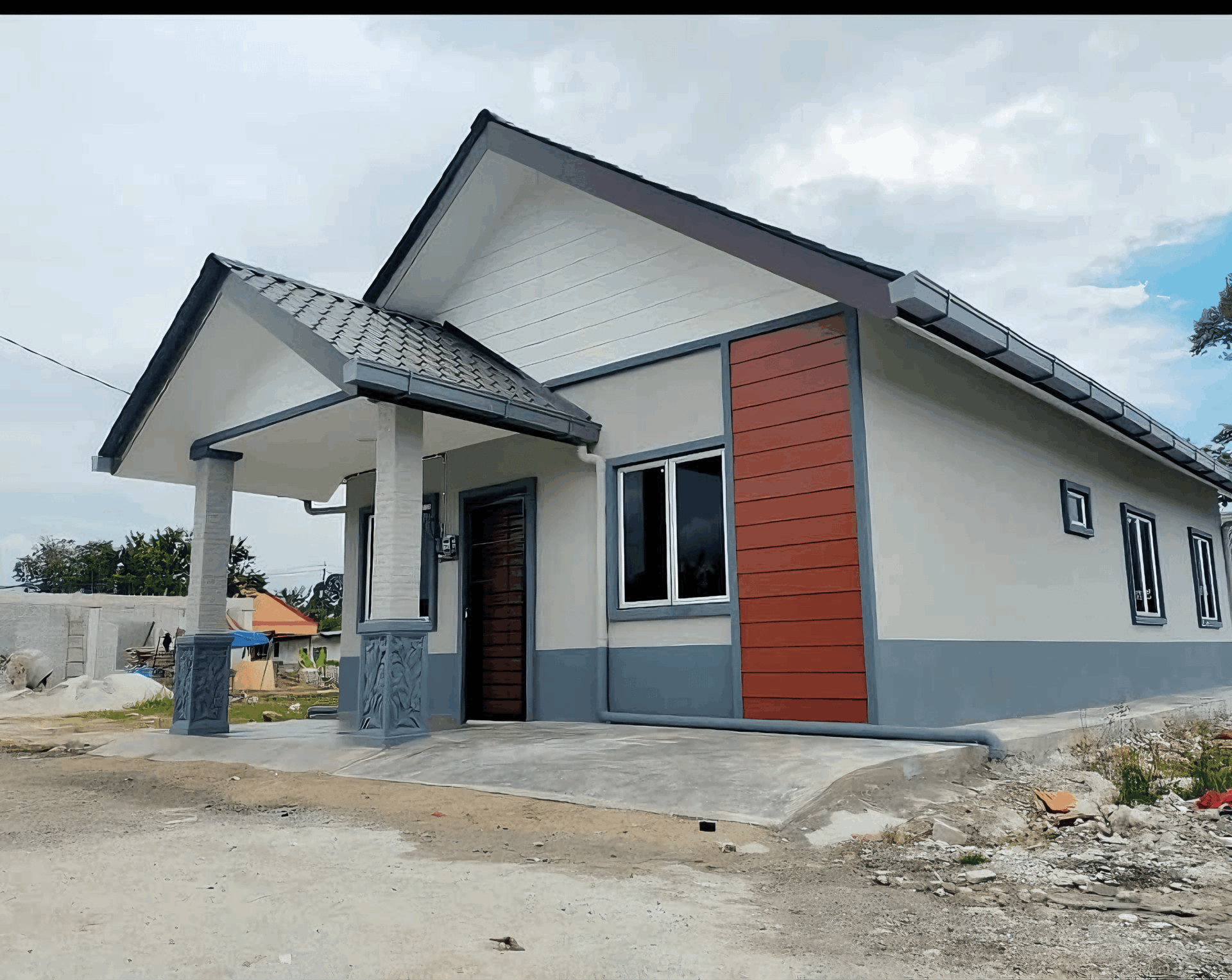
The Role of Foreign Investment in Property Markets
The increasing interest from foreign investors is undoubtedly a significant driving force behind the current surge in Malaysia’s residential construction sector. With Malaysia’s strategic location, attractive pricing, and a robust legal framework for property ownership, international buyers are looking at the country as a viable investment destination. This influx of funds not only boosts the development of new residential projects but also enhances the overall market infrastructure, creating a win-win situation for both investors and local stakeholders.
Moreover, the presence of foreign capital brings additional benefits to the local economy. It helps to stimulate job creation, provides funding for construction of high-quality housing, and often leads to the introduction of innovative construction technologies and design practices. Foreign investments frequently channel into areas like urban regeneration and infrastructure improvement, which can uplift entire communities and enhance the living standards for residents. Here’s how foreign investment impacts the local scene:
- Increased property values: Foreign demand typically drives prices up, which can be advantageous for existing homeowners.
- Diverse options: The introduction of various international developers means more diverse property offerings, catering to different tastes and budgets.
- Community development: Foreign investments often focus on areas needing revitalization, leading to more vibrant neighborhoods.
| Impact of Foreign Investment | Description |
|---|---|
| Job Creation | Increases employment opportunities in the construction sector. |
| Market Stability | Encourages a more stable property market through foreign interest. |
| Infrastructure Development | Funds improvements to local infrastructure, such as roads and utilities. |
To Wrap It Up
And there you have it—five solid reasons why residential construction in Malaysia is on fire right now! Whether it’s the rising demand for new homes, government support, or just the overall buzz in the property market, it’s clear that this boom isn’t just a passing trend. As more Malaysians look to invest in their future, it’s an exciting time for both buyers and builders alike. So, if you’re considering diving into the property scene, now might just be the perfect moment. Keep your eyes open for all the opportunities that lie ahead—who knows what your next dream home could look like! Happy house-hunting, everyone! 🏡✨